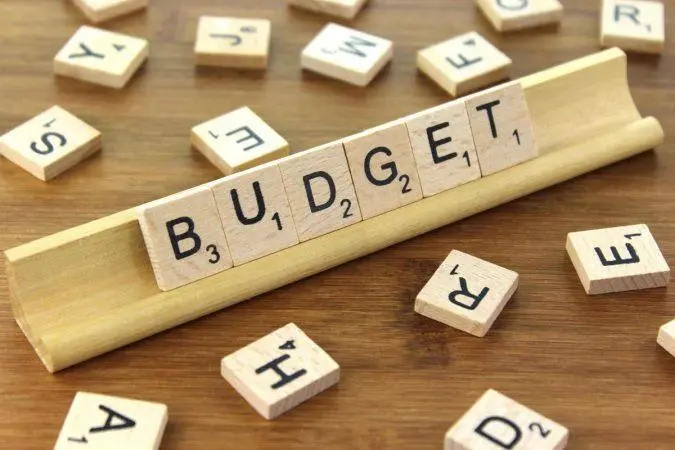
#ChartoftheDay: Nigeria’s Budget Deficit as a Percentage of the GDP Exceeds 3%
The 2022 budget deficit as a percentage of the GDP is 3.46% which exceeds the 3% benchmark set by the Fiscal Responsibility Act.

The 2022 budget deficit as a percentage of the GDP is 3.46% which exceeds the 3% benchmark set by the Fiscal Responsibility Act.
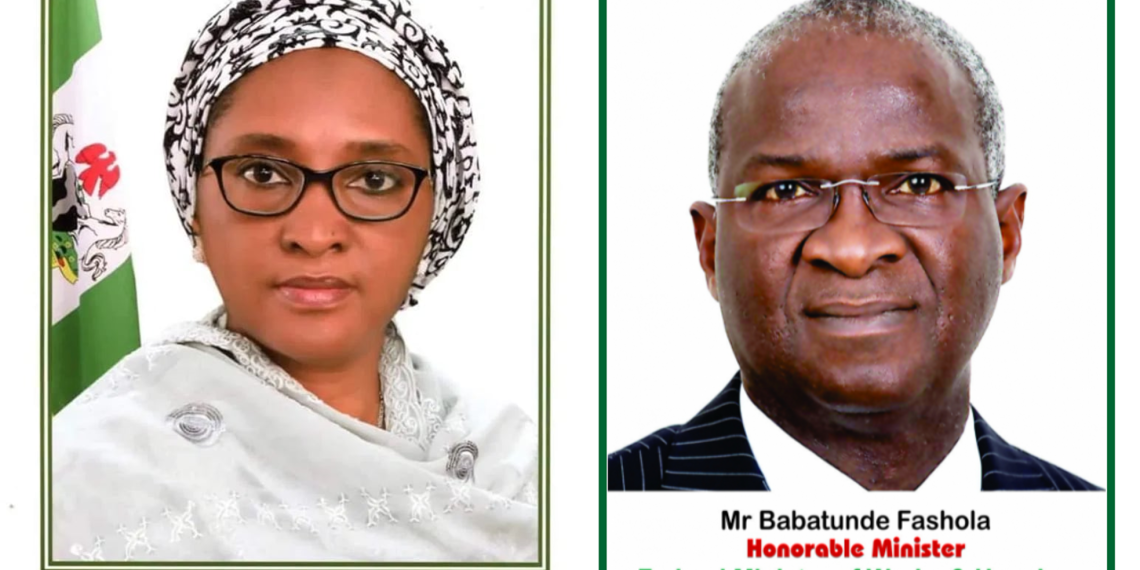
Of the N5.467 trillion approved for capital expenditure in the 2022 budget, the Ministry of Finance, Budget, and National Planning was awarded N941 billion. This makes up 17.21% of the total capital expenditure approved.

The federal government of Nigeria has approved a budget of N17.13 Trillion (N17,126,873,917,692) for the 2022 fiscal year. While the federal government plans to spend this amount as total expenditure, it hopes to generate revenue to the tune of N10.74 Trillion (N10,740,803,831,543).

The average monthly reserve held by banks in Nigeria summed up to N10.21 trillion as of November 2021. The total reserve for the eleven months was N112.27 trillion.
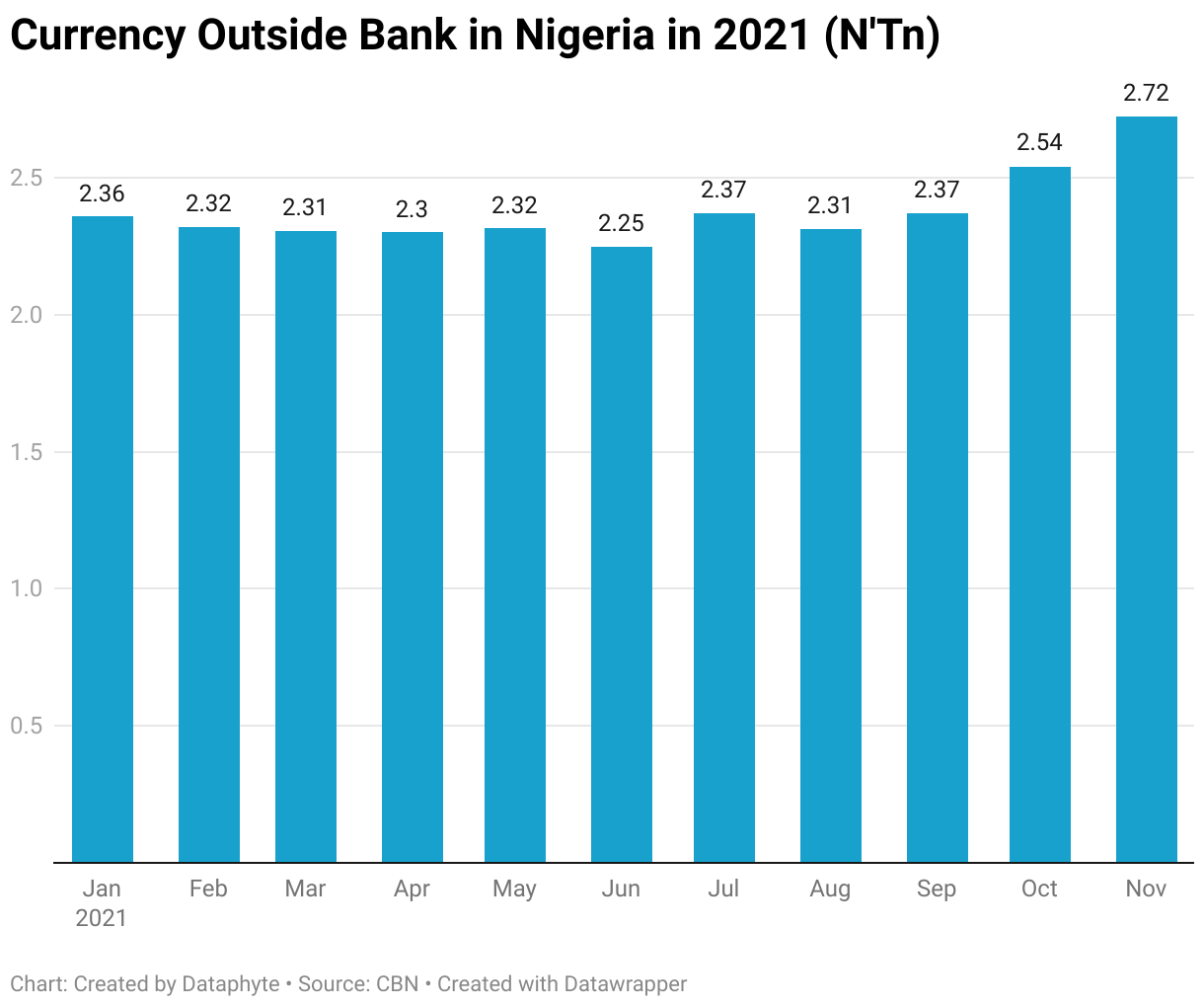
N26.17 trillion was the total figure of unbanked money in Nigeria from January to November 2021. This figure was the amount of money circulating in the Nigerian economy for various transactions that is not accounted for by the country’s banking system.
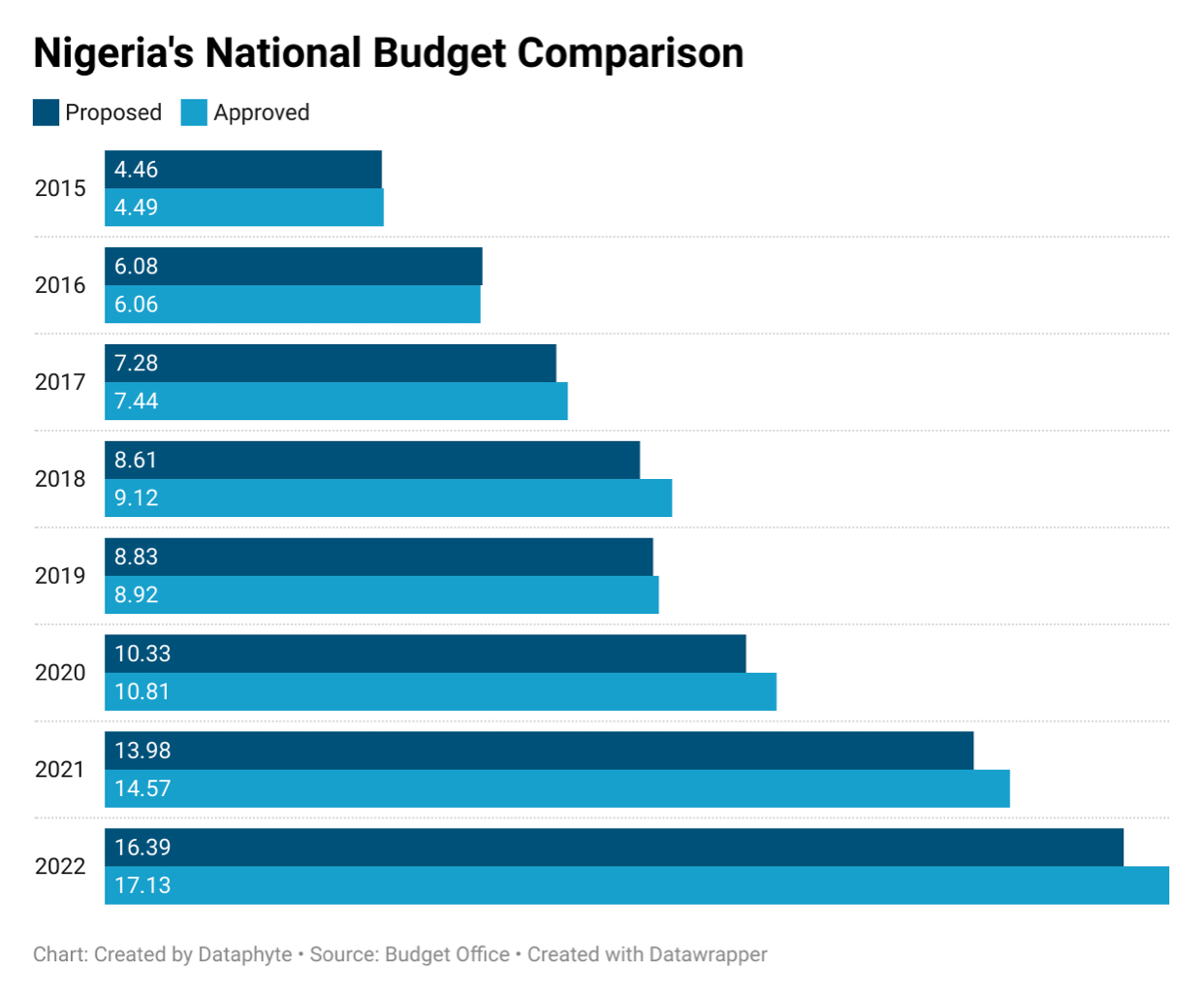
Over the last eight years, the aggregate approved national budget in Nigeria has had a 3.4% increase over the proposed. N75.96 trillion has been proposed as aggregate expenditure from 2015 to 2022, the approved figure as passed by the national assembly stood at N78.54 trillion.
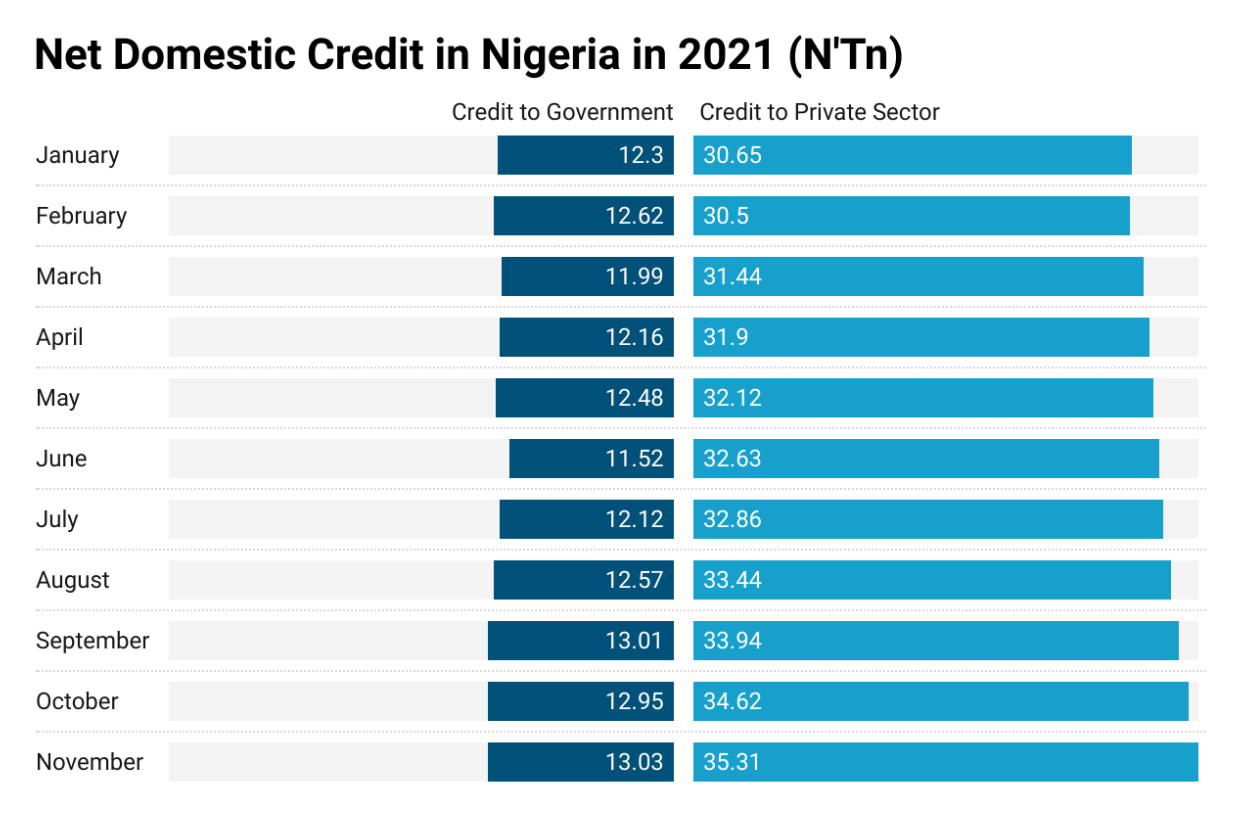
As of November 2021, N496.17 trillion was given out as domestic credit after necessary deductions in Nigeria. Data shows that the net domestic credit given out increased steadily over the months.
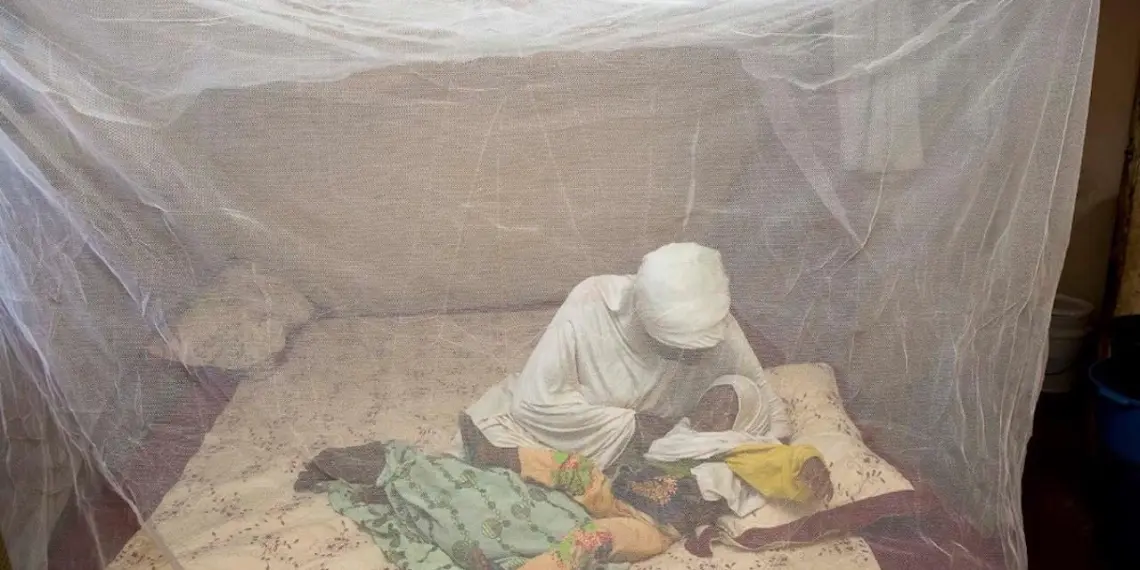
On that fateful day, the 30th of September, 2020, James Okafor’s family finished having dinner when his wife, Jessica, who ate just little due to lack of appetite, started running a fever. James rushed her to the nearest hospital, just a 20-minute drive from his house. The doctor on duty prescribed a series of tests, including COVID-19.

Health insurance has barely scratched the surface in Nigeria with regards to percentage coverage of the population.
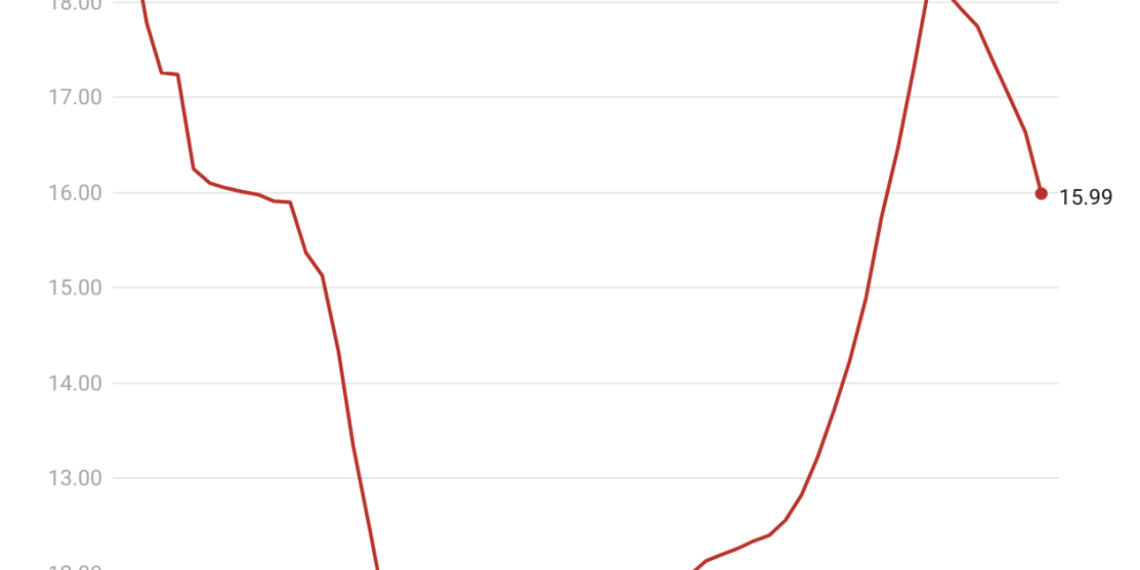
In 2020, it recorded a 1.92% dip in its Gross Domestic Product (GDP) compared to the previous year, 2019.

Personal Income Tax (PIT) or residency tax remains the primary source of income for state governments. This source forms most of the state governments’ revenue annually. In five and a half years (2016 to half-year 2021), out of the N5.964 trillion generated, PIT summed up to N2.833 trillion, making up 47.5% of the figure.
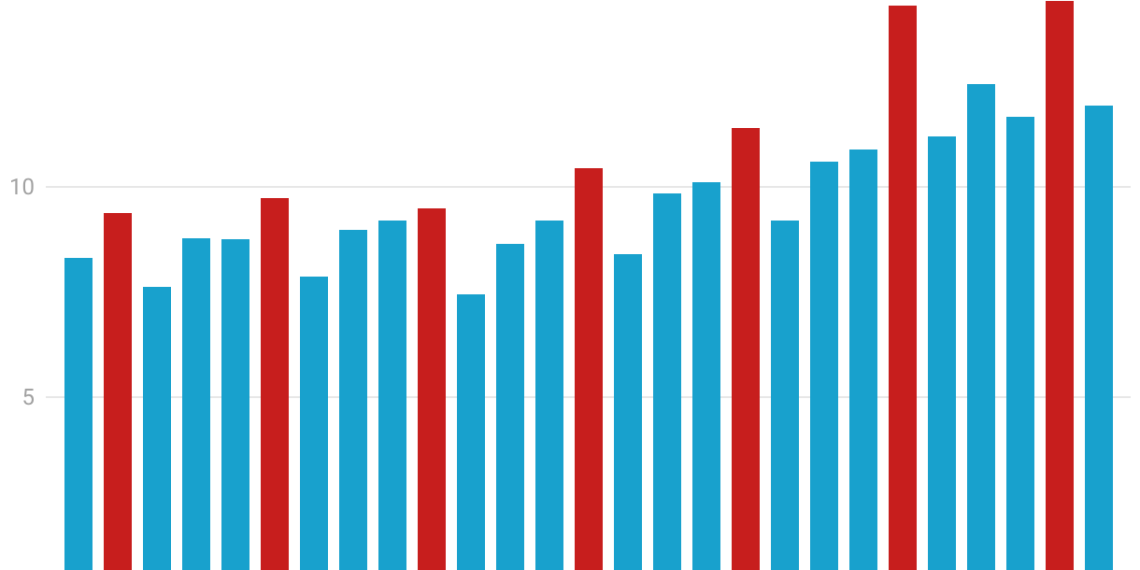
There are strong indications that Telecoms contribution to Gross domestic Product in the last quarter of the year 2021 (Q4) will be more than 12.45%.

Nigeria recorded a 17.95% increase in mineral production in 2020 over 2019 despite the many challenges, both internal like insecurity and global like the coronavirus outbreak, faced by the country.
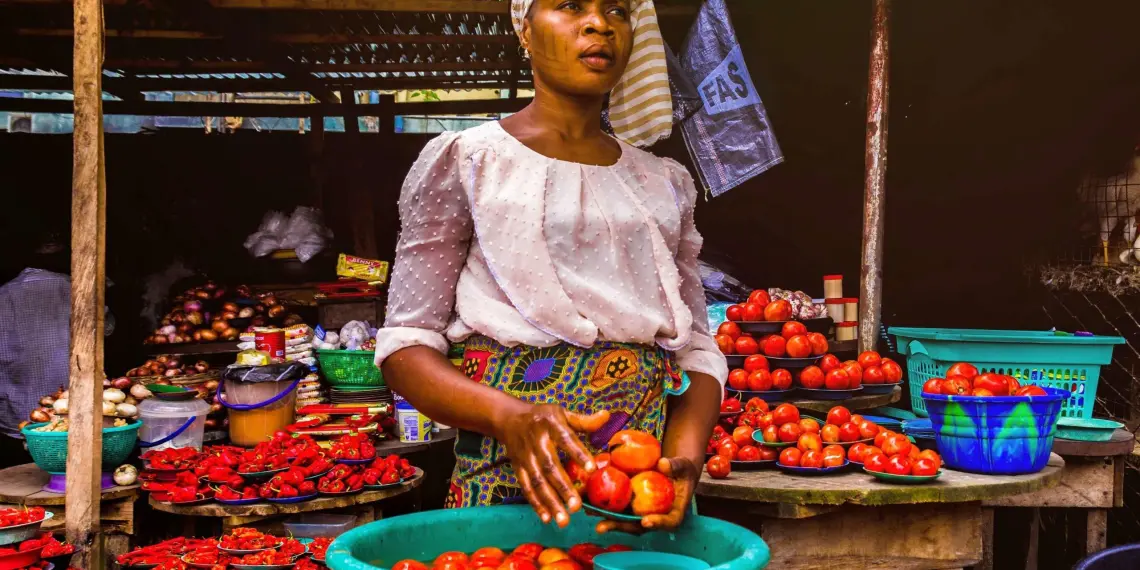
Despite the drop in food inflation in October, nominal prices of food items continue to rise. An NBS sample of 43 food items across the country shows that 37 experienced price increases while just 6 dropped in price in October compared to September.
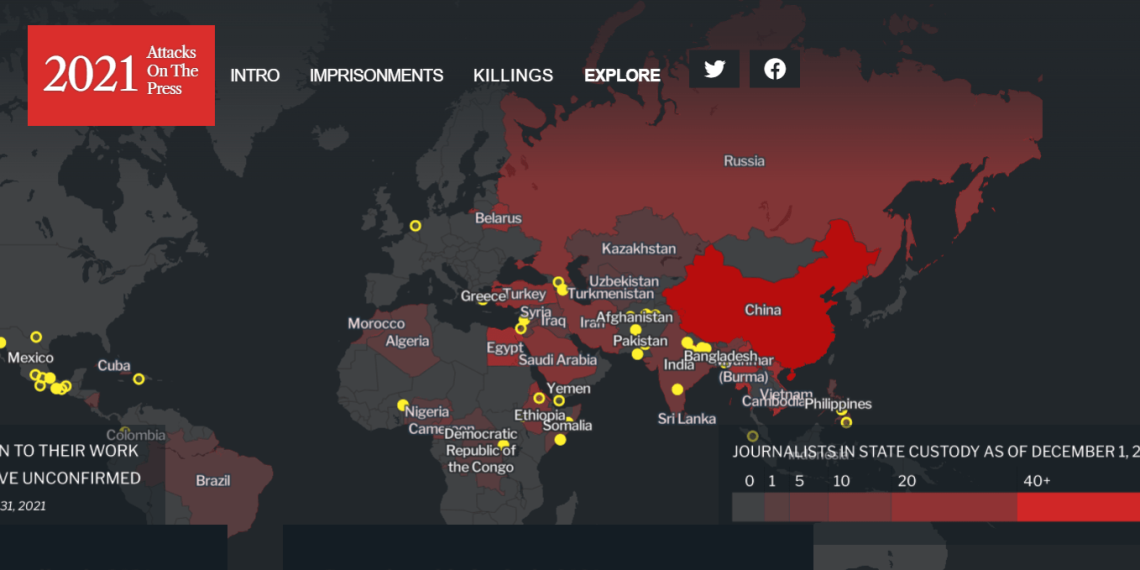
In 2021, the situation got darker as a total of 42 journalists died while 293 journalists were jailed for doing their jobs within the year.